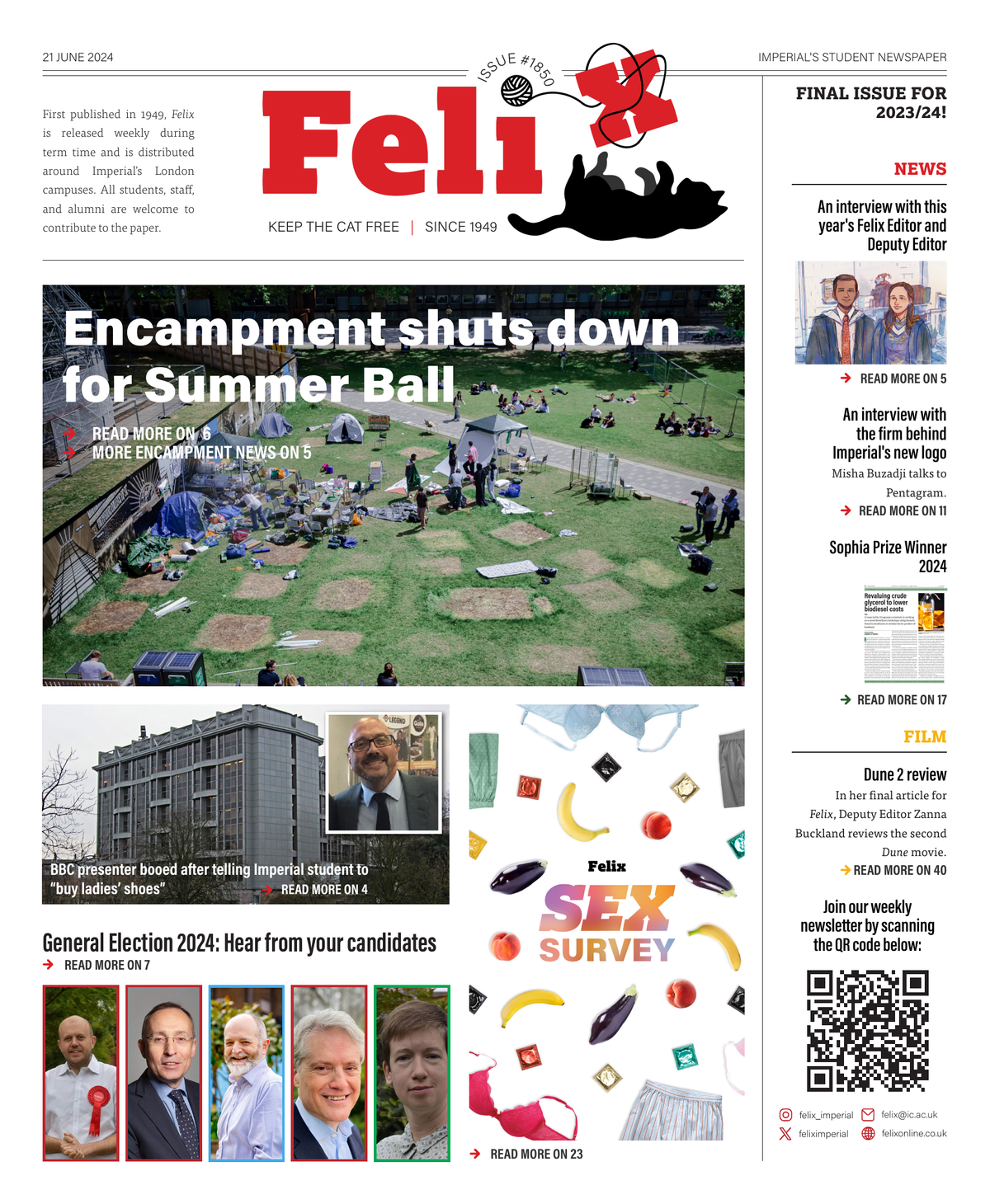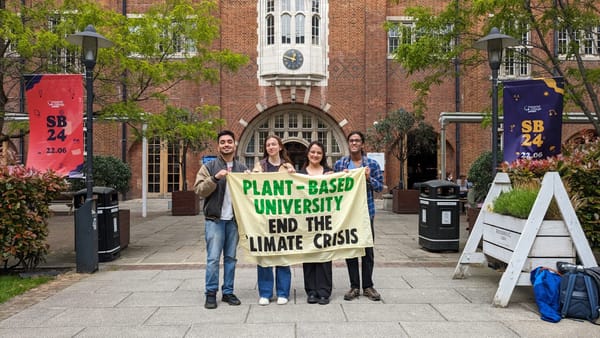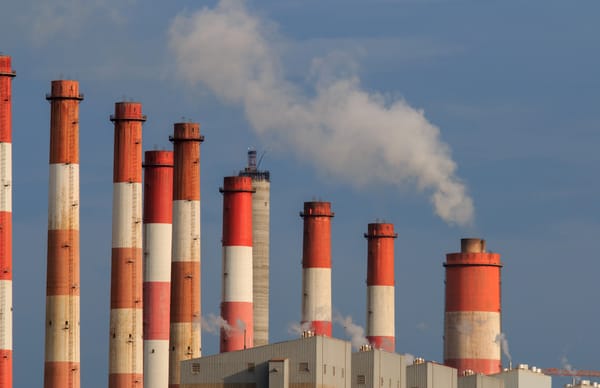Interviewing Imperial about their new climate policies
Last month, Imperial announced a series of new commitments, reports and policies setting out how the university plans to reach net zero without offsets by 2040, in line with their sustainability strategy. I interviewed Academic lead for Sustainability, Professor Tim Green, and Sustainability Officer Rhea Samra about Imperial’s new policies.
“It’s been a huge amount of work by a lot of people”, said Professor Green, explaining that Imperial wants to “be active on all fronts”. The strategy, developed with consulting firm ARUP, covers net zero operational emissions – while indirect (scope 3) emissions are addressed by various other policies.
Imperial is also committed to improving the fabric of buildings. Professor Green believes “it’s our job centrally to improve the glazing, ventilation, insulation in the roofs, and the building management system so they heat our rooms more accurately.” Unfortunately, disruption is inevitable with all the building improvements. “We’re going to have to shift some of our teaching out of the building it’s customarily done in … It’s probably going to be tougher on staff,” he continued.
Professor Green sees the fabric improvements as part of larger improvements to campuses – direct benefits of which include making rooms safer for students and the learning environment more comfortable. Imperial will “coordinate the sustainability actions with the refurbishments that the buildings need”, he explained. He wants to make “labs the sort of labs we want to use for the research and teaching we do now and for the next 20 years – or as far as we can see in the future – but also configure teaching spaces, reacting to the fact that we have more flipped classroom activity. We need more space for group work and student-to-student interactions.” These additional refurbishments are not counted in ARUP’s cost projections, which Professor Green said require a “sustained spend of about £50-£100 million a year”.
Professor Green thinks actions on scope 3 emissions are where students and staff “more directly get to choose things and do things”, but his main request to students was to help with ventilation issues. He appreciated the difficulty of getting rooms to the right temperature, but asked for people to “close windows when they leave the room – so the heating system has a chance of getting the right comfort levels in the rooms without a ridiculous waste of energy.”
Samra noted other ways students and staff can get involved. “There are lab efficiency programmes that are mainly run by staff that students can get involved in too, especially because they are the ones in the labs.” For offices, she promoted “another scheme which is also for staff called Green Impact, which is where people who are based in an office can reduce energy use to be more sustainable.” Imperial has created a ‘9 things you can do to be more sustainable at Imperial’ page to help students get involved.
The College also plans to further integrate sustainability into education for staff and students. “The Grantham Institute are working on a module for all students to take which is about sustainability and climate change,” said Samra. She also mentioned that staff can take “a half day course which is the baselining of understanding climate change, how to communicate it, actions - organisational and individual - and what initiatives are going around at government and international levels.” If students want to get involved in informing policy and curricula, there are “sustainability committees for individual departments,” continued Professor Green. “I happen to sit on the one for electrical engineering. That’s got student representation. … and Rhea will not forgive me if I don’t mention the sustainability champions.”
Imperial’s goal with decarbonisation is to do it properly. “There are universities that have made commitments to decarbonise their buildings sooner than us, but that’s going to be based on offsets and we don’t buy that argument. We don’t see an offset in the market that’s credible,” explained Professor Green.
When asked about their confidence that Imperial would meet its 2040 target, Professor Green said it is “possible we don’t quite make it for 2040, but - gosh - we’re going to be trying hard. I think we will get very close if we don’t actually achieve it.”









